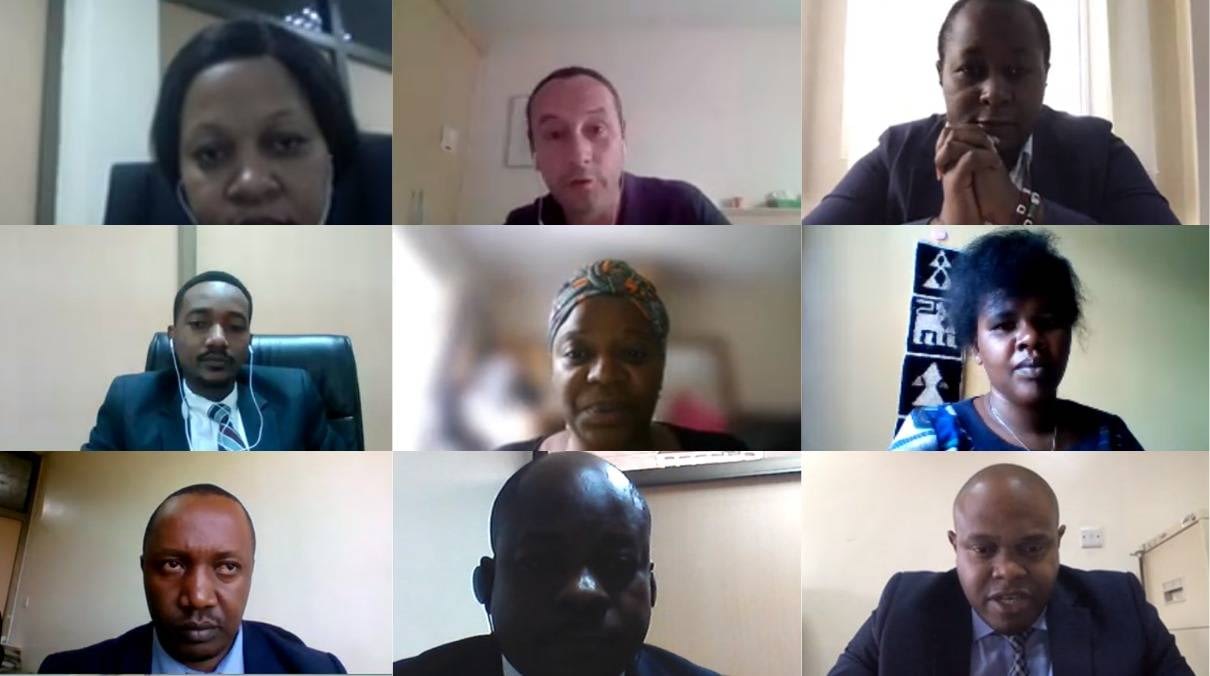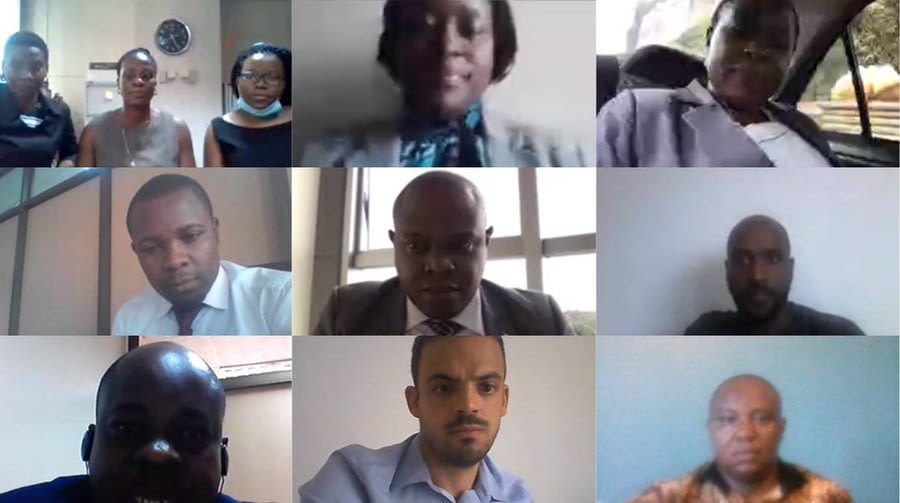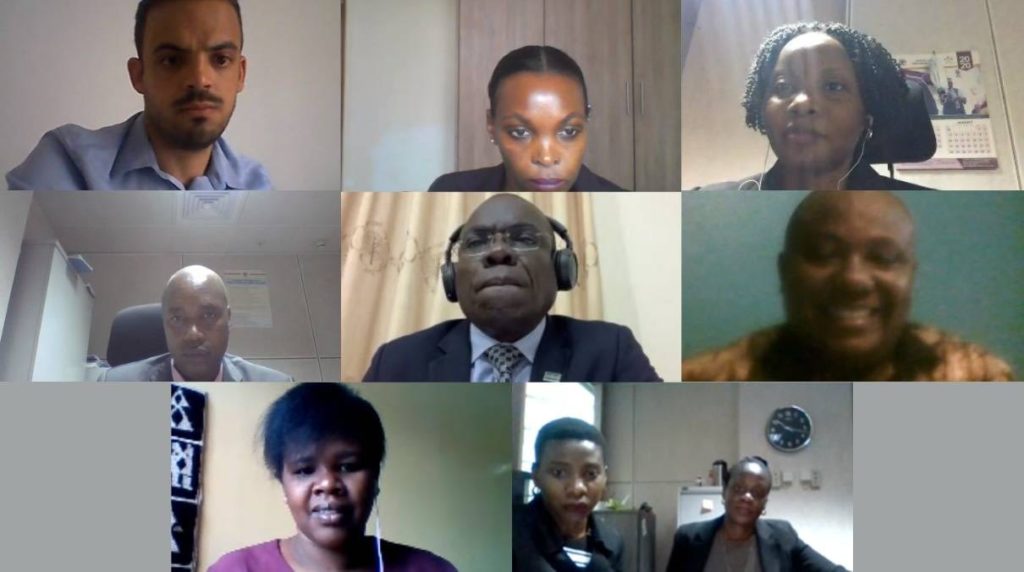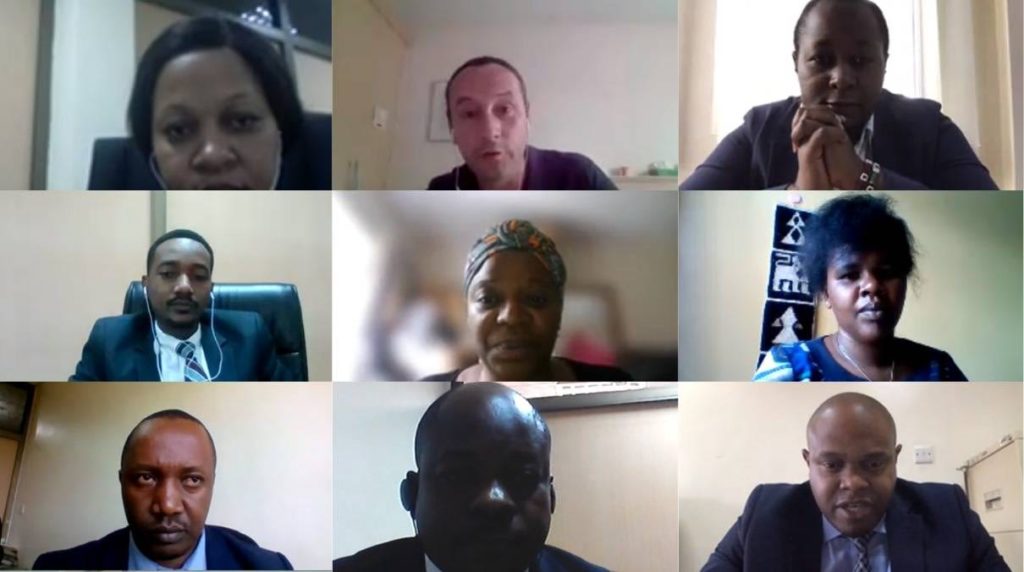
In July 2020, the IIJ convened an online workshop for 32 legal counsel and prosecutors from Kenya, Tanzania and Uganda, to form in-country working groups to take on the responsibility of drafting common guidelines for the standardisation of processing inbound and outbound requests for admissible evidence in terrorism prosecutions.
Since its inception, the IIJ Global Central Authorities Initiative has worked with practitioners to enhance international judicial cooperation, including through the use of multilateral and bilateral agreements for mutual legal assistance (MLA) and extradition in terrorism cases. In September 2018, the IIJ published the IIJ Good Practices for Central Authorities, a set of internationally-recognised recommendations to guide the work of Central Authorities that lays out the institutional, legal and practical considerations needed to establish and support these important institutions. The IIJ Good Practices for Central Authorities elucidate Good Practice 9 of the GCTF's Rabat Memorandum on Good Practices for Effective Counterterrorism Practice in the Criminal Justice Sector.
In order to raise awareness of the IIJ Good Practices among criminal justice sector stakeholders, the IIJ conducted a series of regional workshops across the Middle East and North, East, and West Africa throughout 2019 and beginning of 2020.
Commencing in summer 2020, the IIJ began exploring different ways of putting the IIJ Good Practices into practice by focusing on specific aspects of what makes effective Central Authorities, such as adequate staffing or empowerment to communicate directly with other Central Authorities. An area identified by practitioners in our regional workshops as one in which they needed further support was that of drafting and/or amending national legislation and guidelines on MLA – the theme of our July workshop.
The workshop started with a series of individual consultations with each of the invited countries. The goal of these discussions was threefold: a) to better understand how MLA requests are issued and processed in these countries; b) to assess how judicial cooperation on criminal matters currently works between Kenya, Tanzania, and Uganda, as well as with other East African countries; and c) to identify critical obstacles and challenges to an effective and efficient processing of MLA requests that could be addressed during the subsequent plenary discussions.
With the information gathered in these consultations, together with a careful examination of the existing national MLA legislation and guidelines developed by the invited countries, the IIJ produced a draft document to serve as the basis for a standardised set of guidelines for MLA on criminal matters for Kenya, Tanzania, and Uganda. Throughout the plenary discussions, the IIJ worked with the practitioners to improve the document and ensure it reflected the needs and specificities of the countries in the region. The debate was enriched by the contributions of guest speakers from the Central Authorities of Australia, Canada, Scotland, and the United Kingdom, who shared some examples of good practices and lessons learned from their experience in dealing with MLA requests.
With the feedback gathered, the IIJ will update the draft guidelines and share them with the invited countries for additional inputs. Once a final version of the document is agreed upon, it will be formally shared with the competent authorities of Kenya, Tanzania and Uganda for consideration and eventual approval. In order to build on its work in the region, the IIJ will schedule a follow-up workshop in autumn 2020 to streamline internal procedures and multi-actor coordination for issuing and acceding to MLA requests.
For more information on this workshop or the IIJ Global Central Authorities Initiative, please contact Programme Manager Adrián Carbajo.



